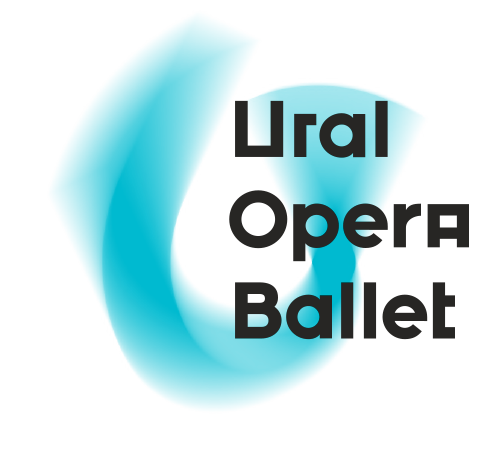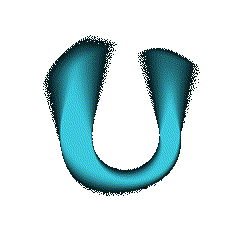Of the ten operas composed by the Czech classic Antonin Dvořák Rusalka was the only one that managed to take a prominent place in the world repertoire and the reasons for that are obvious. Written in the end of the 19 th century the opera is a combination of numerous sources, including the famous fairy tale by Hans Andersen; Rusalka summed up the romantic century, telling about its hopes and lost illusions. The plot of the opera that is also the central story of the romanticism era – the clash of fantastic and real, striving for the ideal and eventual disappointment in it; after all it appears impossible to achieve the wholeness of the perception of life, but the hope for the best remains.
Dvořák summed up the whole 19 th century in the score of the vibrant Rusalka, combining the findings of the late romanticism (mostly as a tribute to his idol Richard Wagner) and Czech folklore. He also looked a little ahead of his time, introducing a dramatic turn into the plot: the main character gets a human soul in exchange for her voice and then remains silent for almost one whole act of the opera.
The directors managed to appreciate this twist only in the 20th century. In Ekaterinburg the most famous Czech opera is produced by a young team of theatre professionals from Prague. Tomás Pilar, the director, says: “On the one hand, we are producing a fairy tale understandable even for children, and on the other hand, we must build a solid storyline, filling it with passions and deep meaning, so that it touches the adult audience deep down as well”. The performance turned out this way: the children are going to be fascinated by the games of the mermaids in the fairy-tale lake and the escape of sweets from the palace kitchen, and the adults will follow the story of the overwhelming and impossible love.






 спектакль доступен с тифлокомментированием
спектакль доступен с тифлокомментированием 